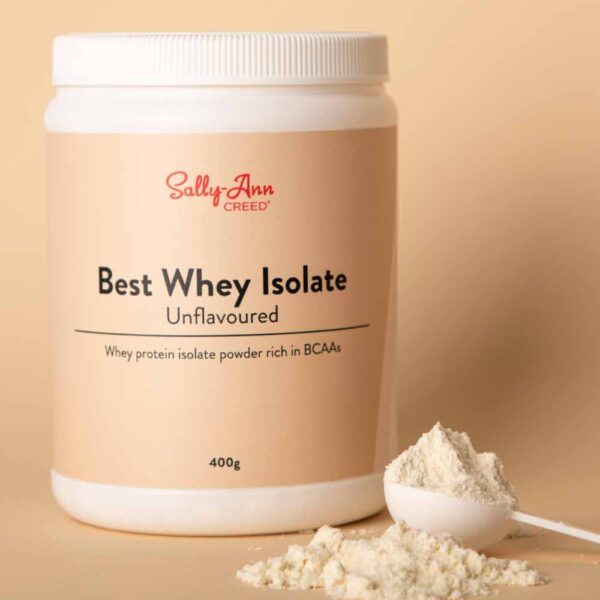Leptin. It’s the wonderful hormone that tells you that you’ve had enough to eat. We all want this hormone! It’s highest in the evening and early morning hours so the body can repair itself without getting hungry. Aren’t our bodies wonderful?
Hormones are little messengers sent to different parts of the body to carry out a specific function. Leptin, a protein that functions as a powerful hormone, is made by the body’s adipose tissue (fat stores) and the gastric mucosa or adipose tissue (fat stores). Our fat is an organ all on its own and has an amazing function, it’s not just there to pack the calories away like a drawer. When energy reserves are high. Produced by the fat, leptin travels to the brain where the ‘message’ is delivered as to the state of how much fuel is available to the body, and the rate of metabolism based on the fuel stores. The brain can’t ‘see’ how much fat you have stored for fuel – it relies on leptin to report back on this score. If leptin doesn’t do its job properly, the brain gets a garbled message that fuel stores are low, so the message is then sent out to eat more to replenish these stores. The “leptinmeter” as we call it is like a fuel gauge and if the gauge is working properly and is reliable, the message is received and you don’t want to eat any more than you need.
Diet-induced obesity interferes with the hormonal regulation of body weight and hunger. Very often, overweight/obese people have a malfunctioning “leptin meter” – or it could be broken. More and more food is then needed to satisfy your hunger and cravings. So how can we optimise this great hormone? Here are a few ways to normalise leptin
- Eat 2-3 main meals alongside 1-2 snacks (don’t snack all day – it’s really the worst thing to do for leptin)
- Eat smaller meals – don’t gorge and stop when you are full
- Ensure that you eat enough and feel full to avoid having seconds
- Chew your food very well
- Eat real food, not junk
- Have a high protein breakfast
- Try to eat 2-3 hours prior to bedtime, and never eat after dinner
- Use a smaller plate – it’s a clever, subtle trick to get you eating less
- Have more protein at breakfast than at dinner
- Space out your meals, eat every 2-3 hours
Eggs are the best ‘brekkie’! If you are only eating protein such as eggs, you might want to add in some “quick” fibre like soaking some chia seeds (our favourite) for a few minutes and having them with or before your meal. You could also use psyllium husks – this way you get some fibre to slow stomach emptying, fill you, and provide the fibre the meal may be lacking without fibrous veggies. This also helps enhance the leptin-insulin signalling response. When you eat, you turn on hormonal switches which send messages to the body. Food is information for the body, not just something to get you to the next meal.
Adequate amounts of leptin will encourage the body’s metabolism to speed up. Too little, and the body will flip into ‘famine’ mode, slow the metabolic rate and plan to store more fat. Although some people do have a fairly good “leptinmeter”, they will override this and continue eating for various reasons, eventually causing it to malfunction. Sadly the way society is programmed, food is there to be eaten anytime you like, and as much as you like without restraint. Now you know better.
Did You Know?
Inside your belly button are thousands of bacteria that form an ecosystem on the scale of an entire rainforest
References:







